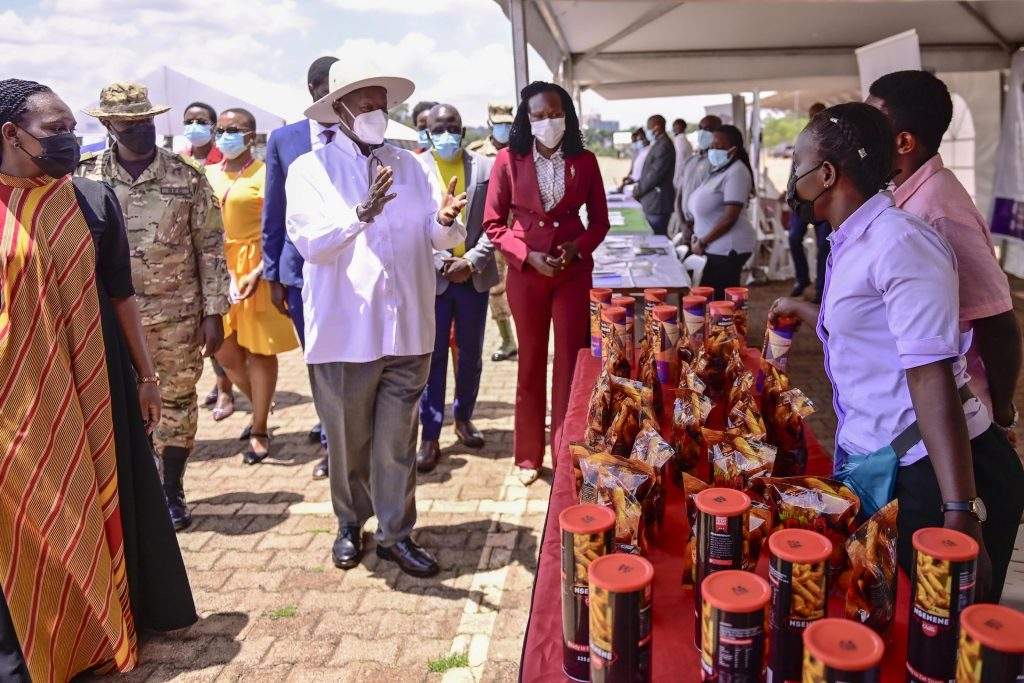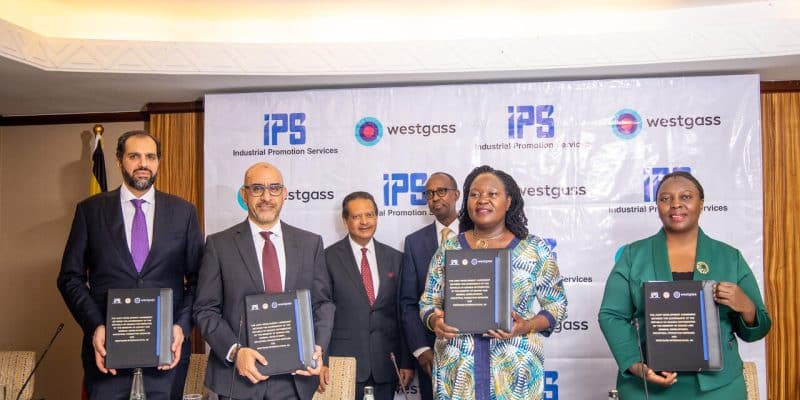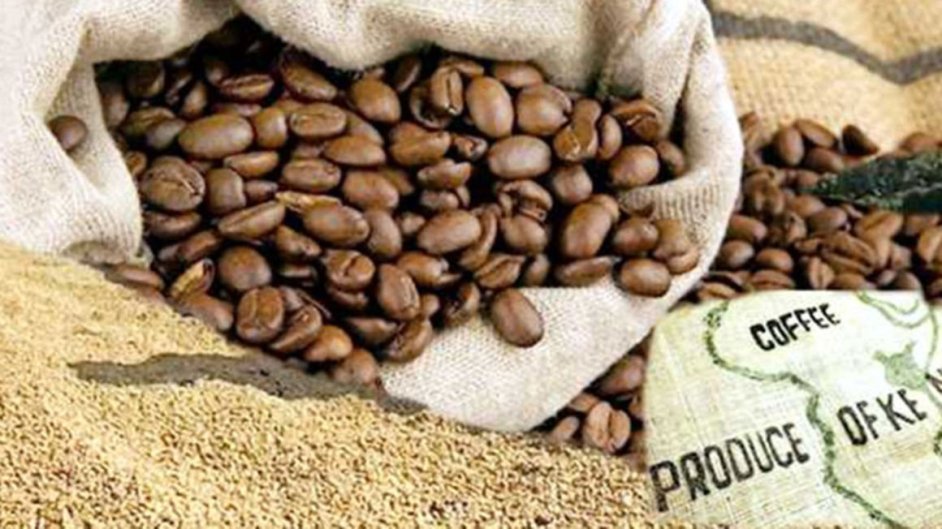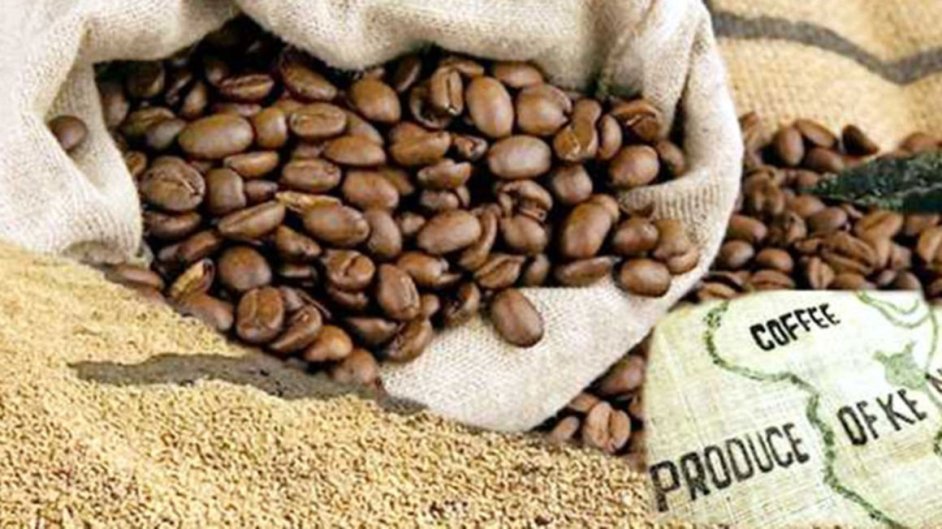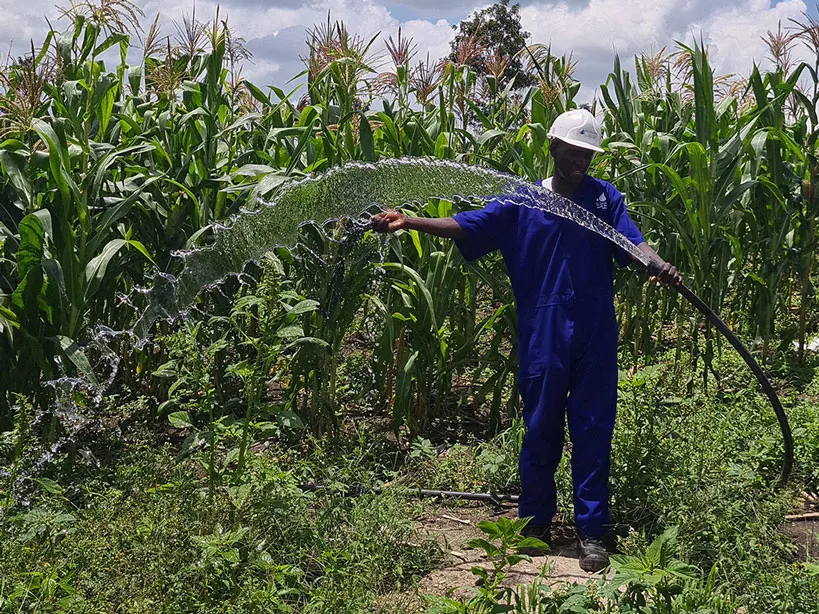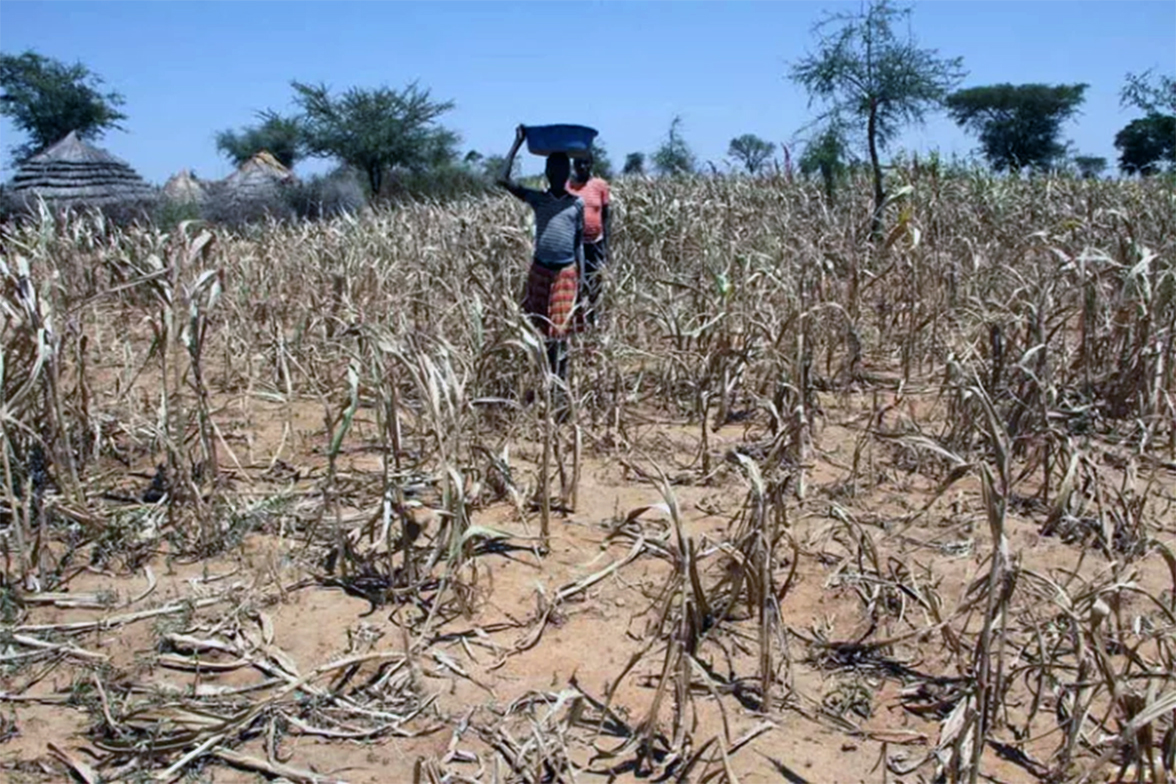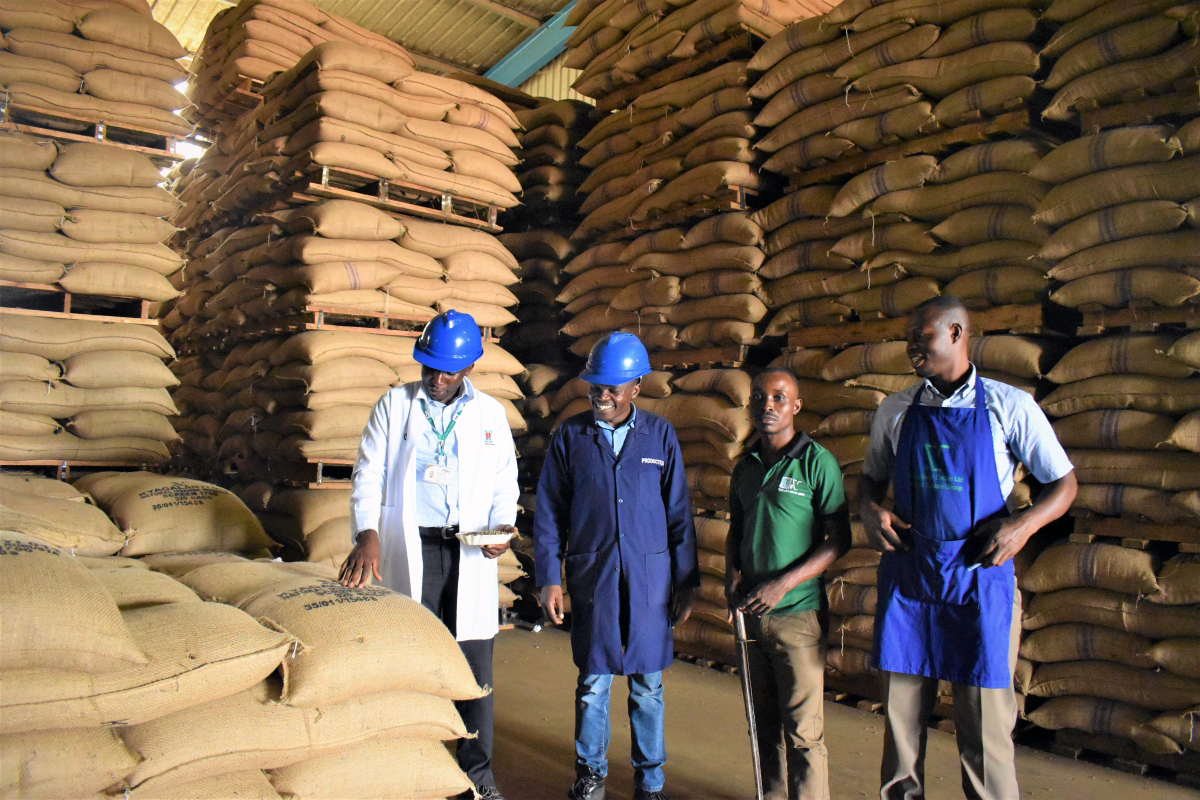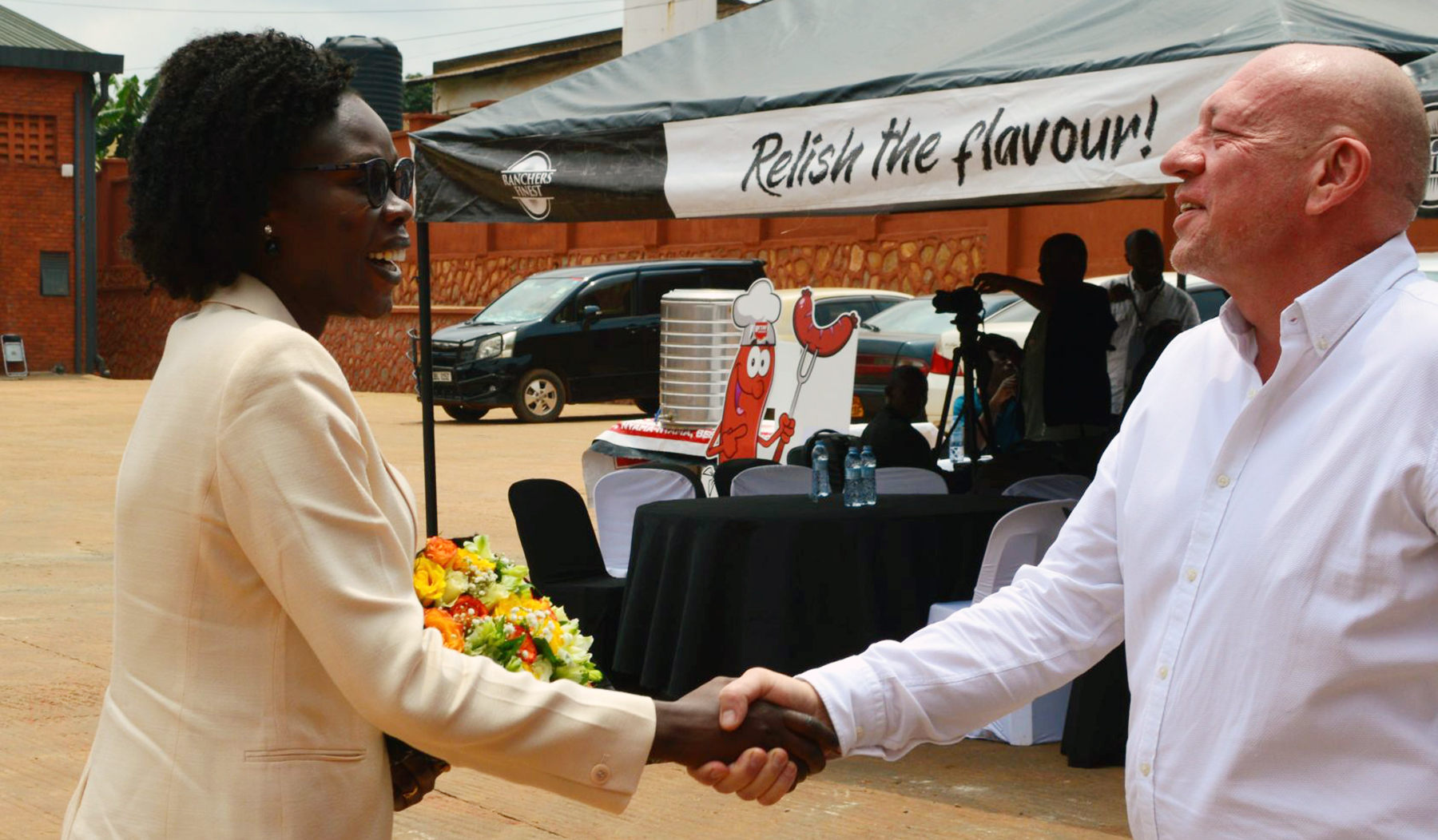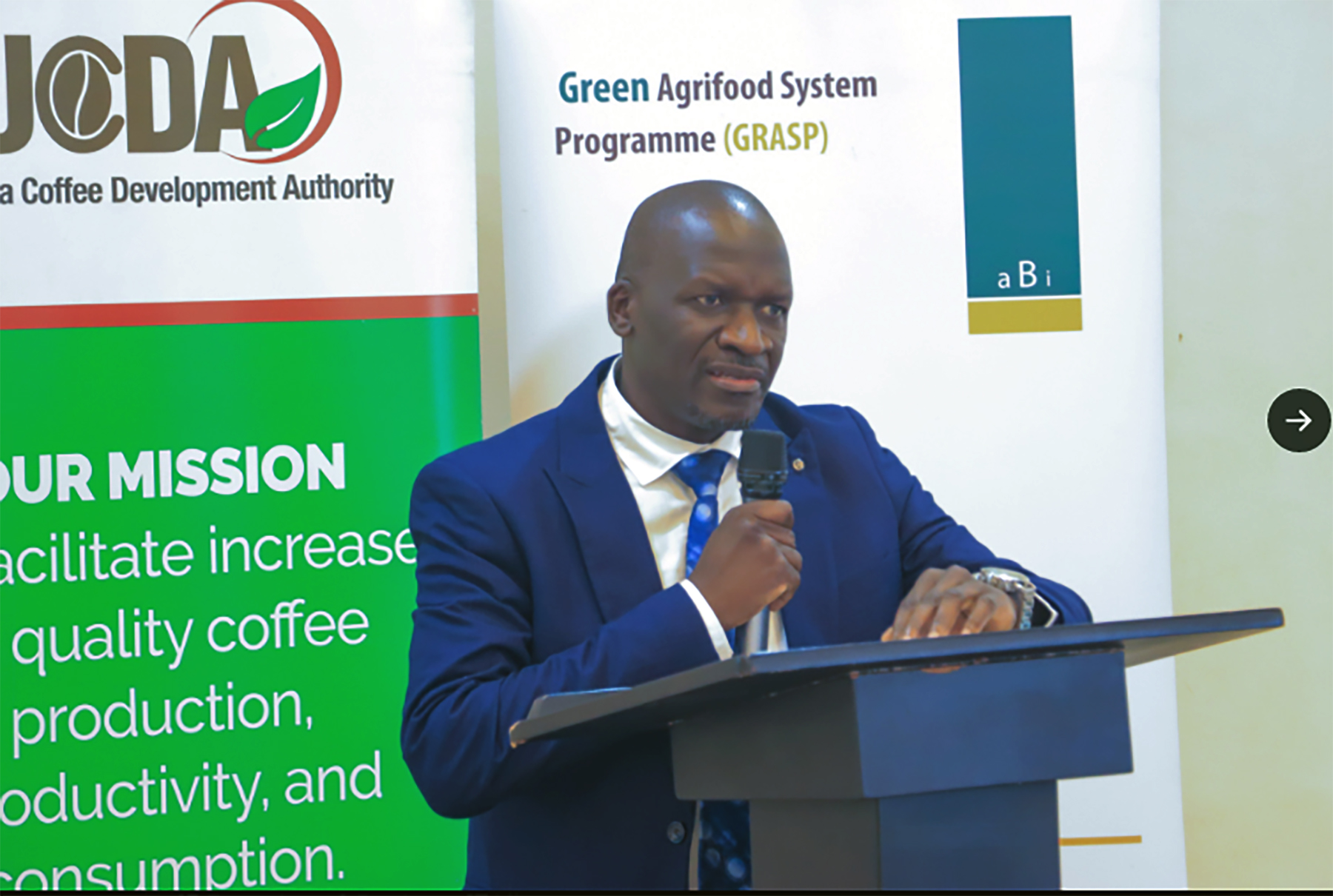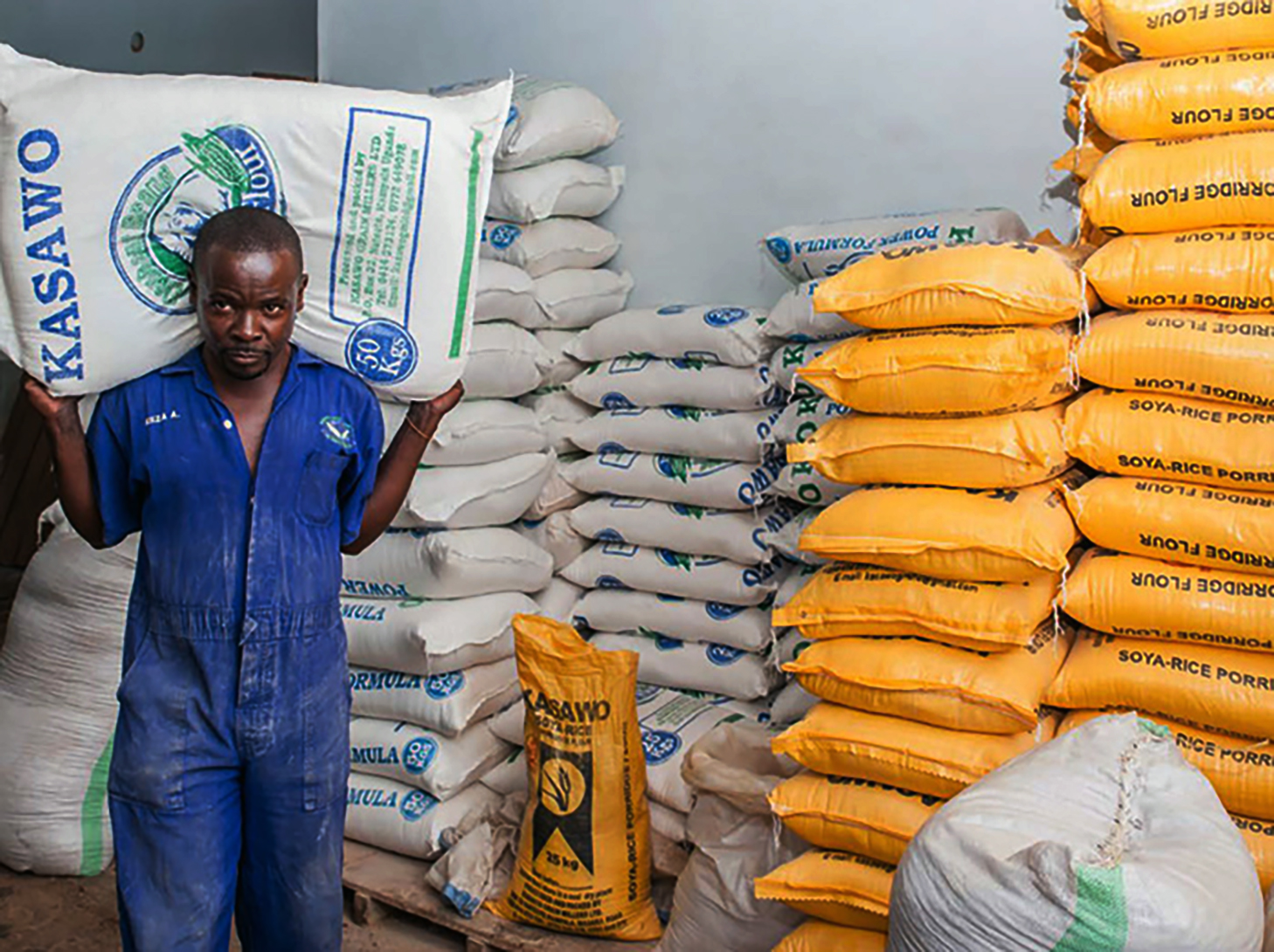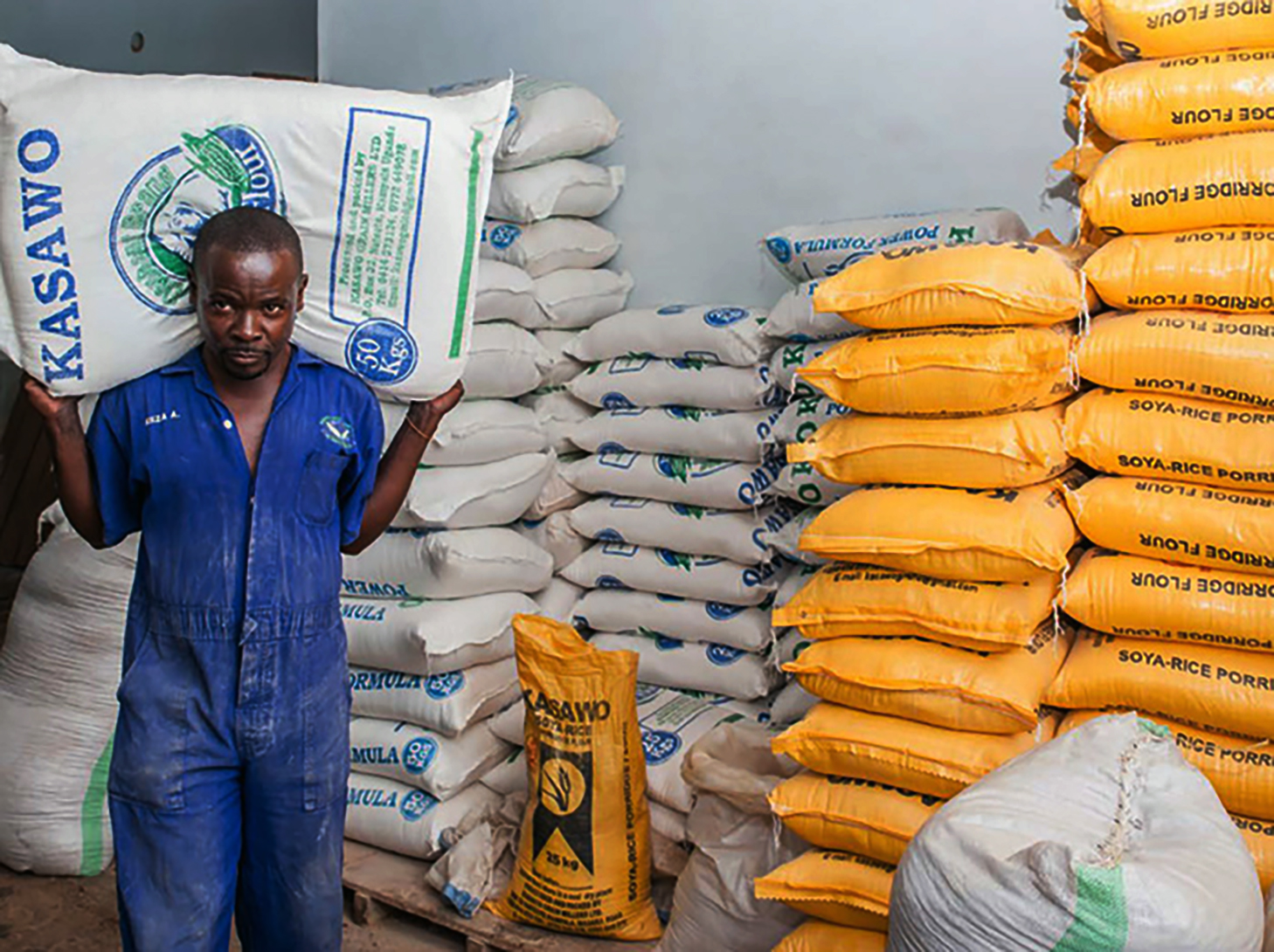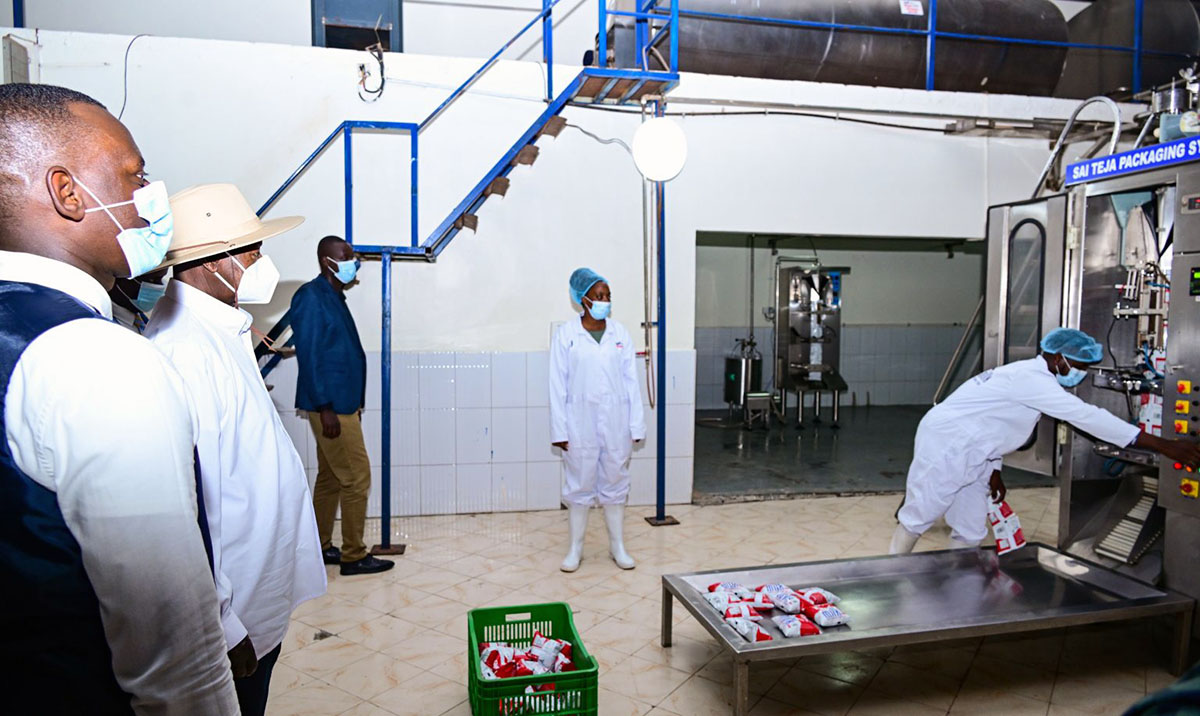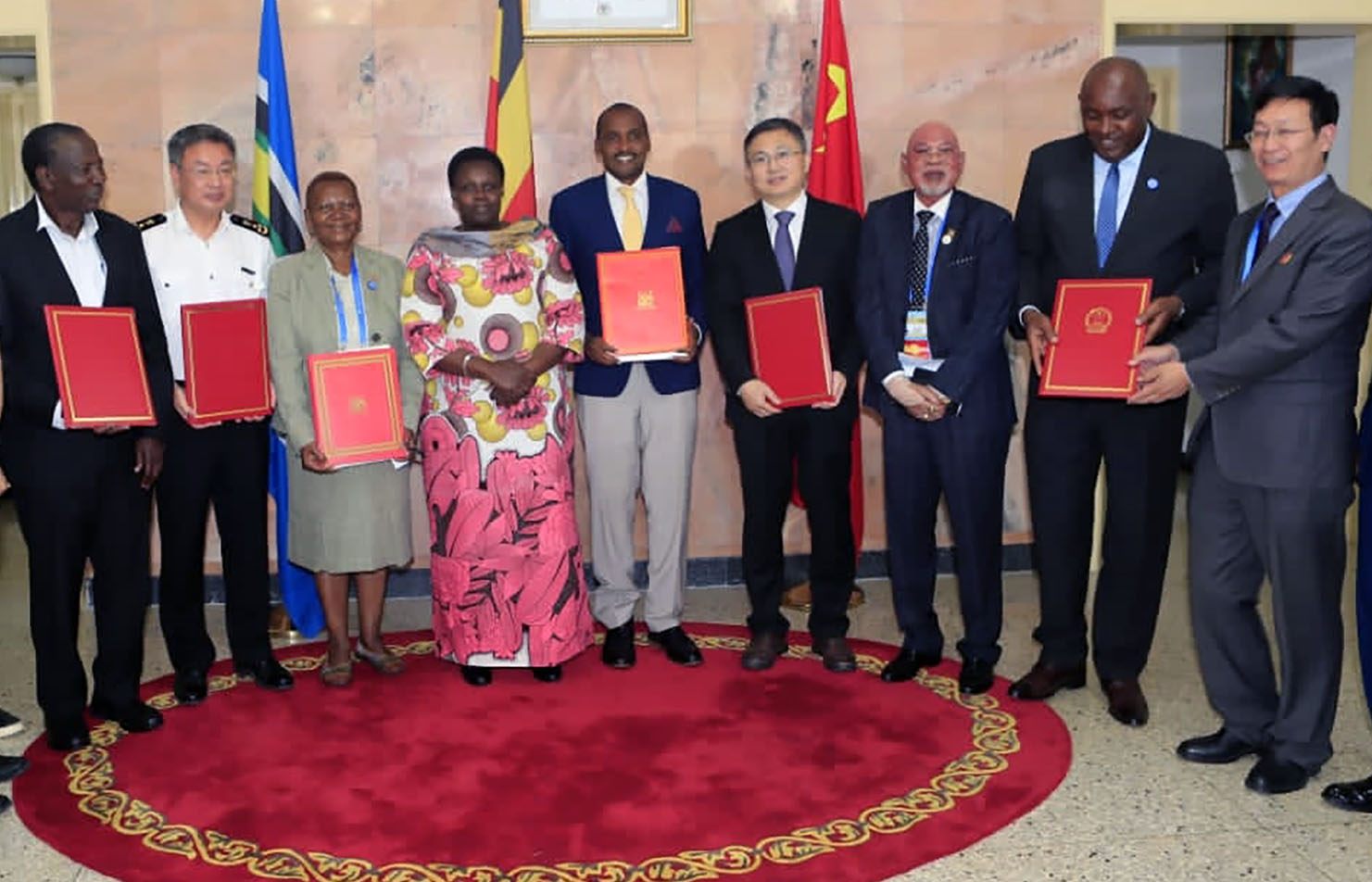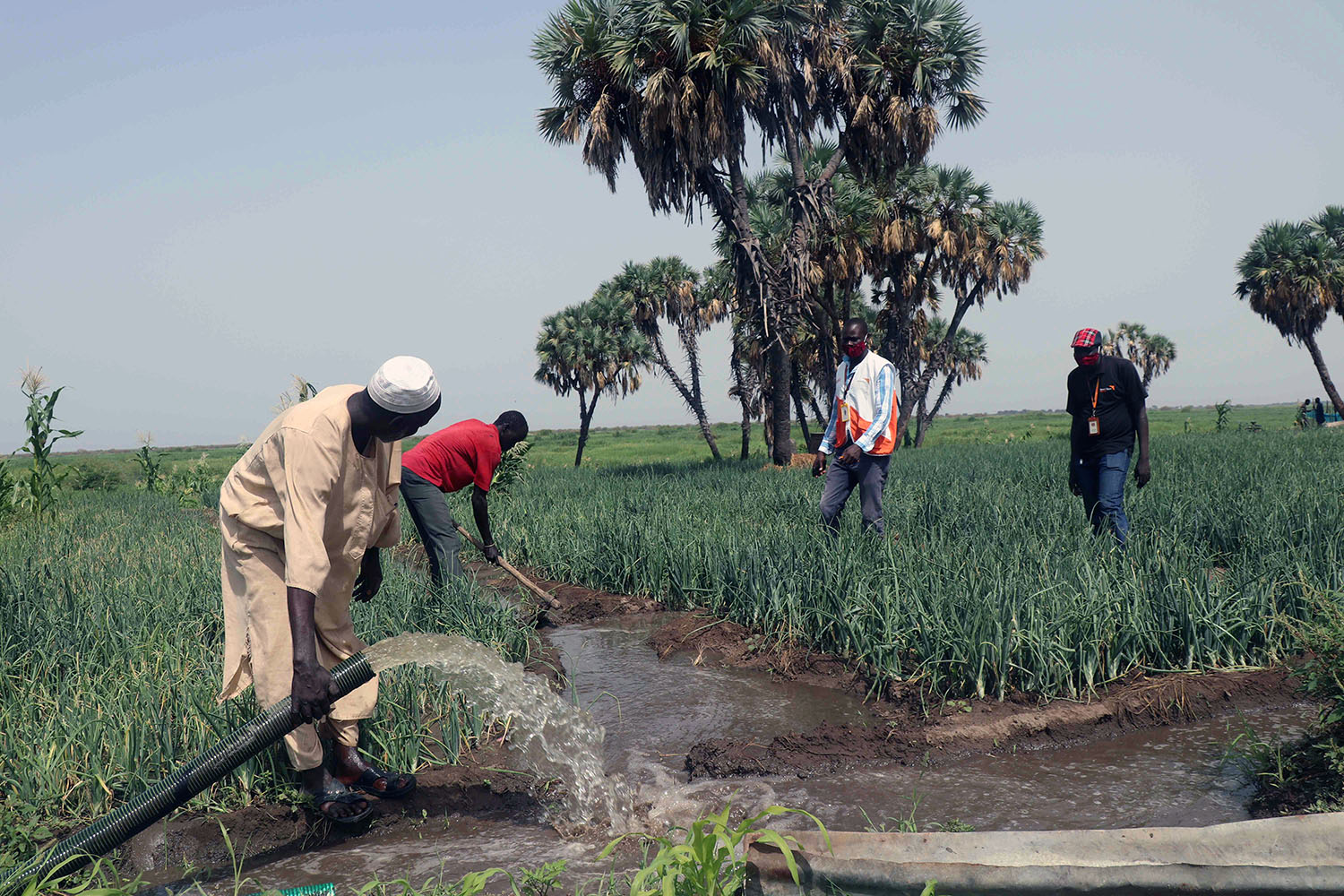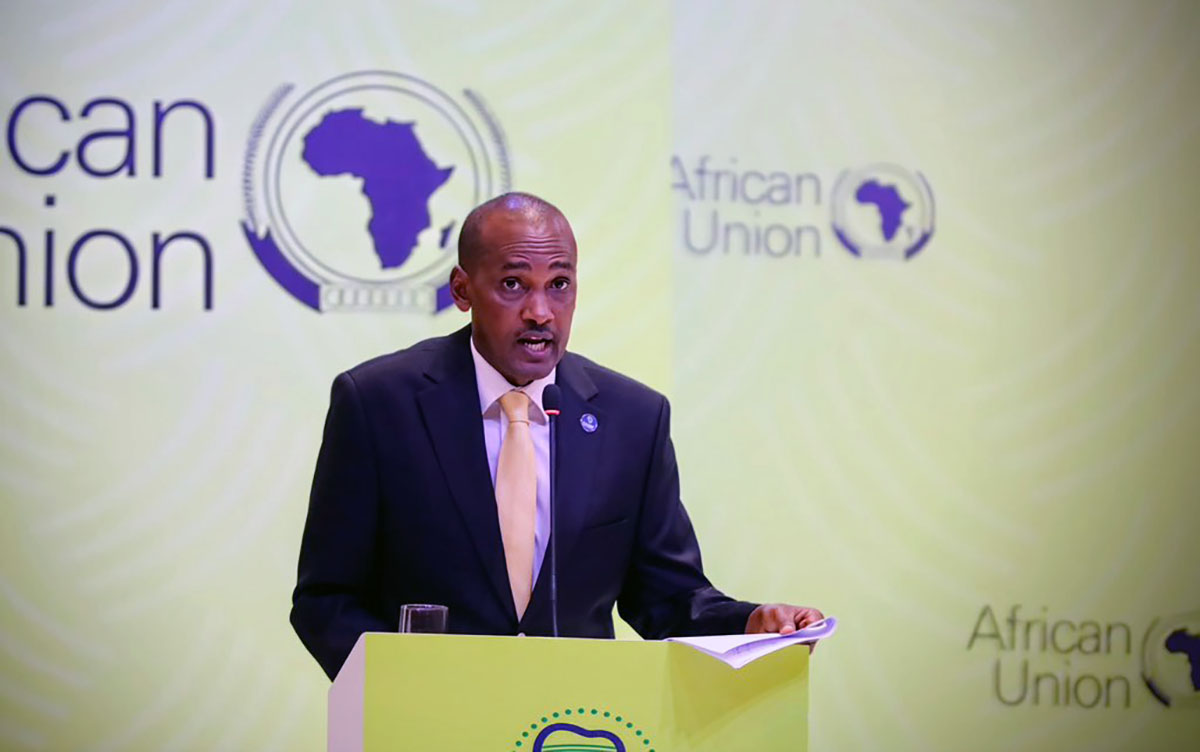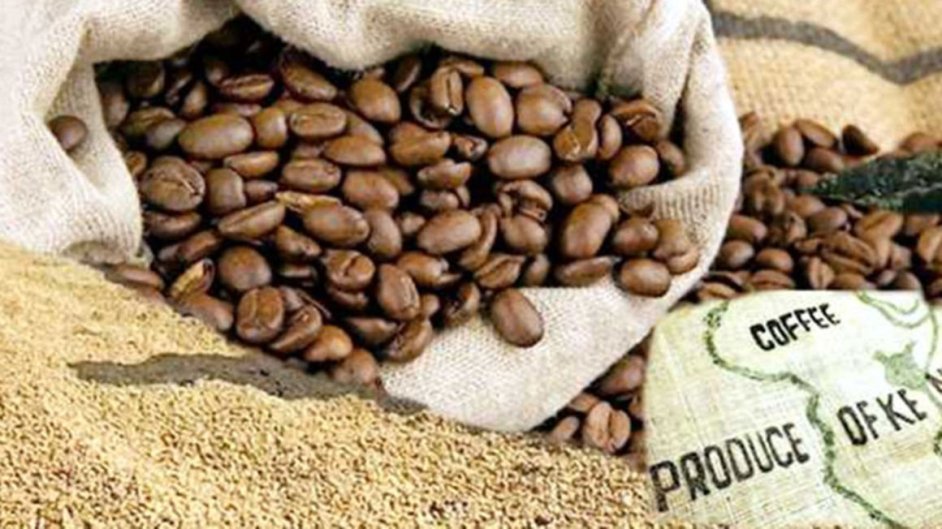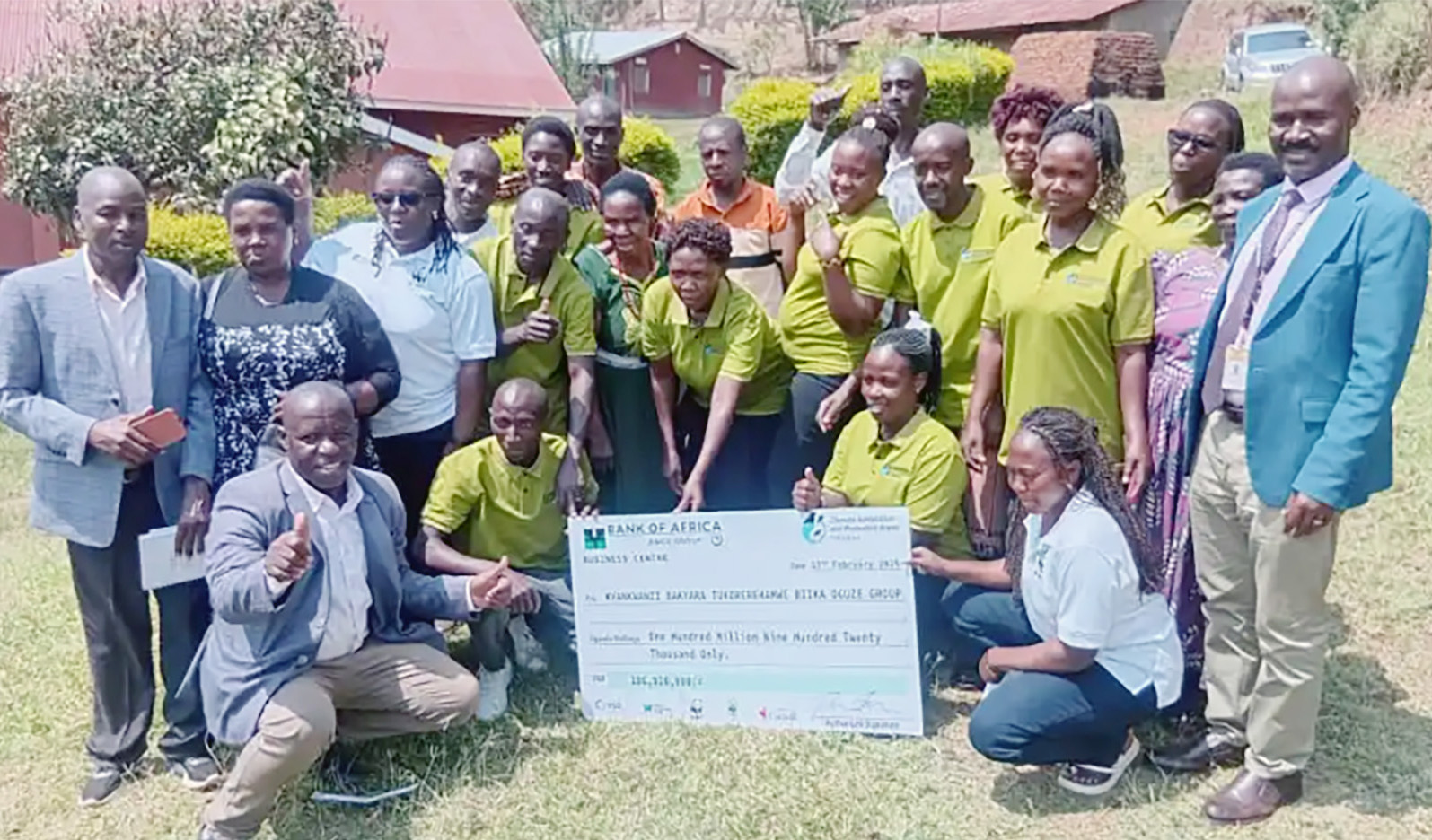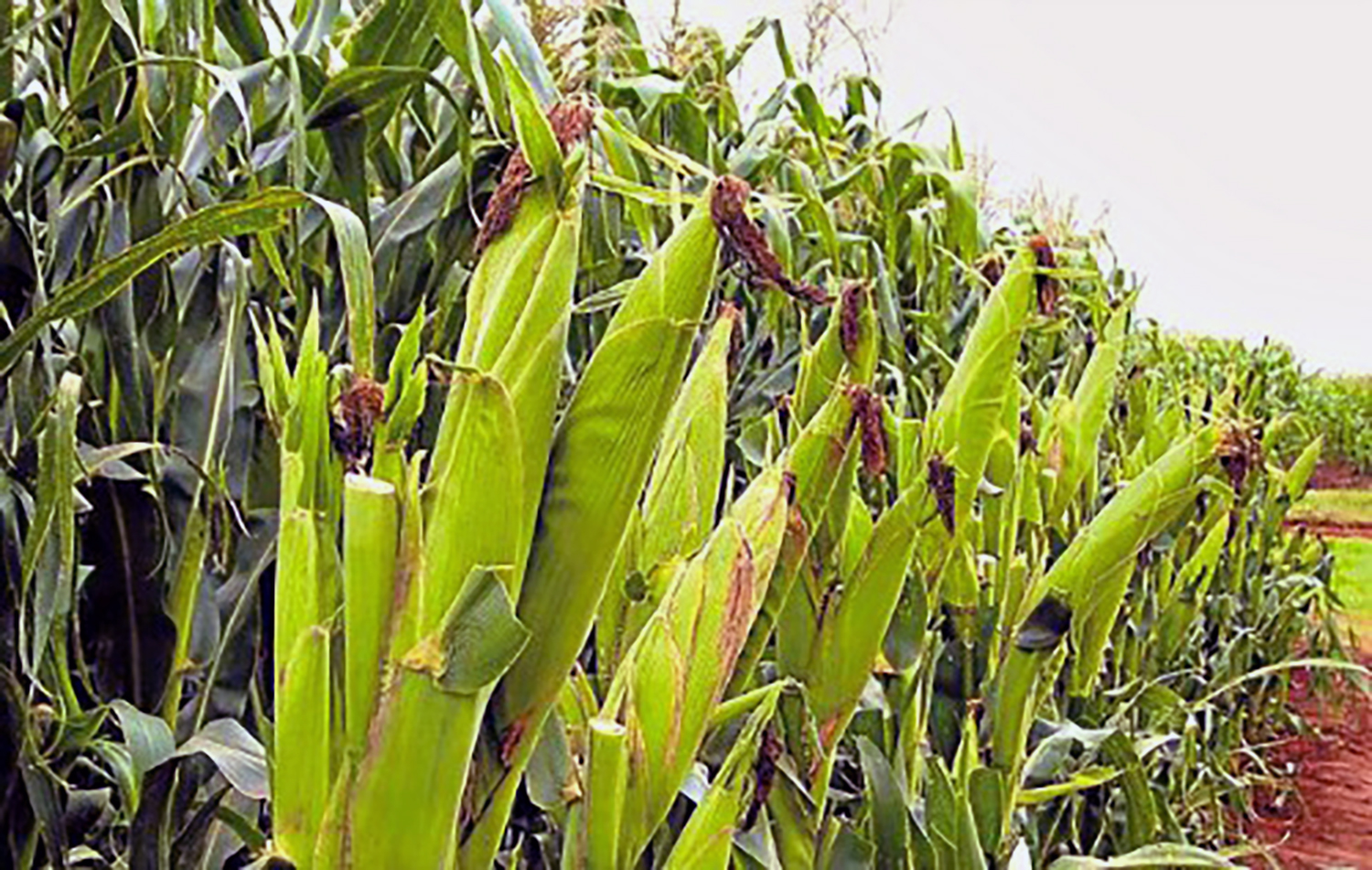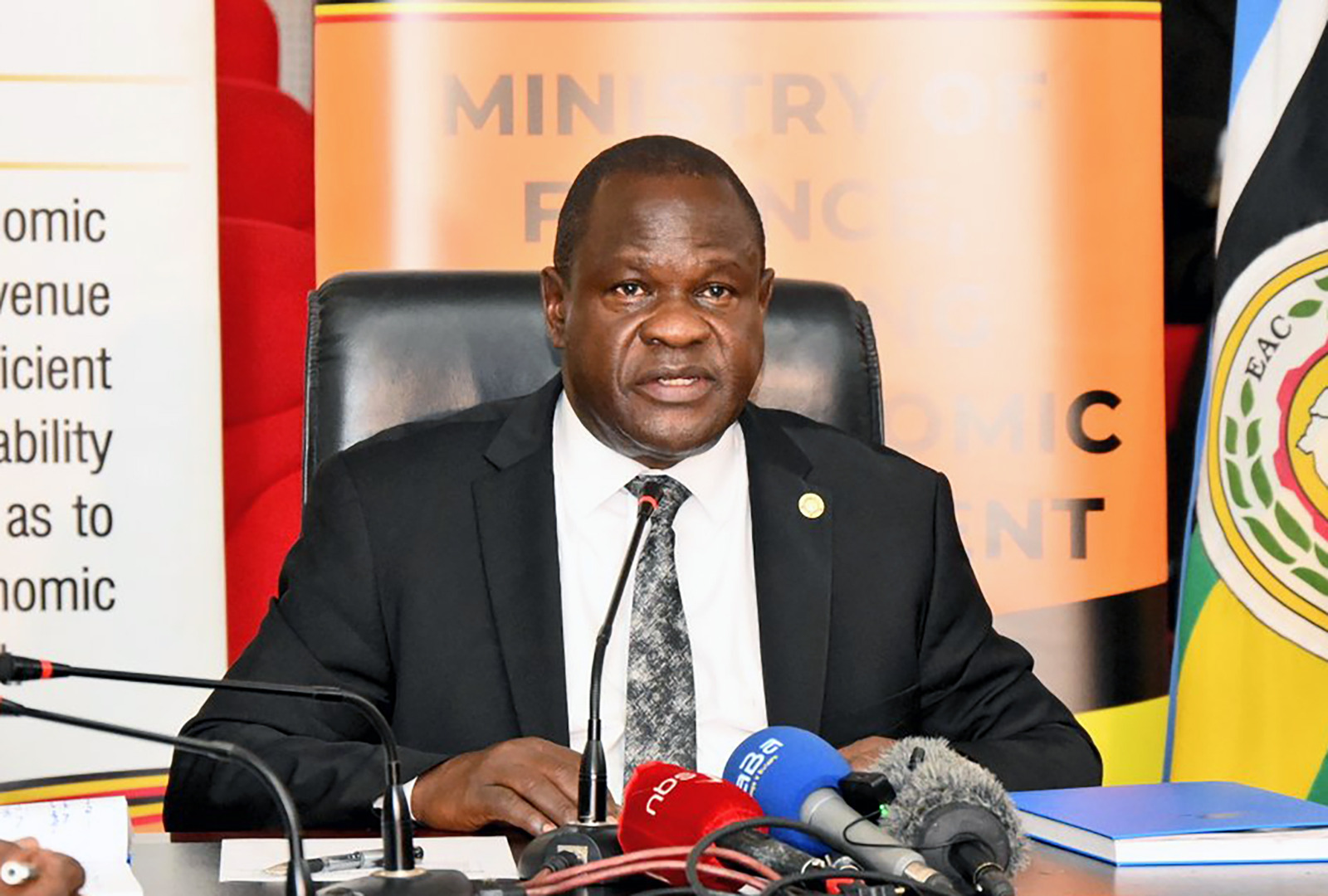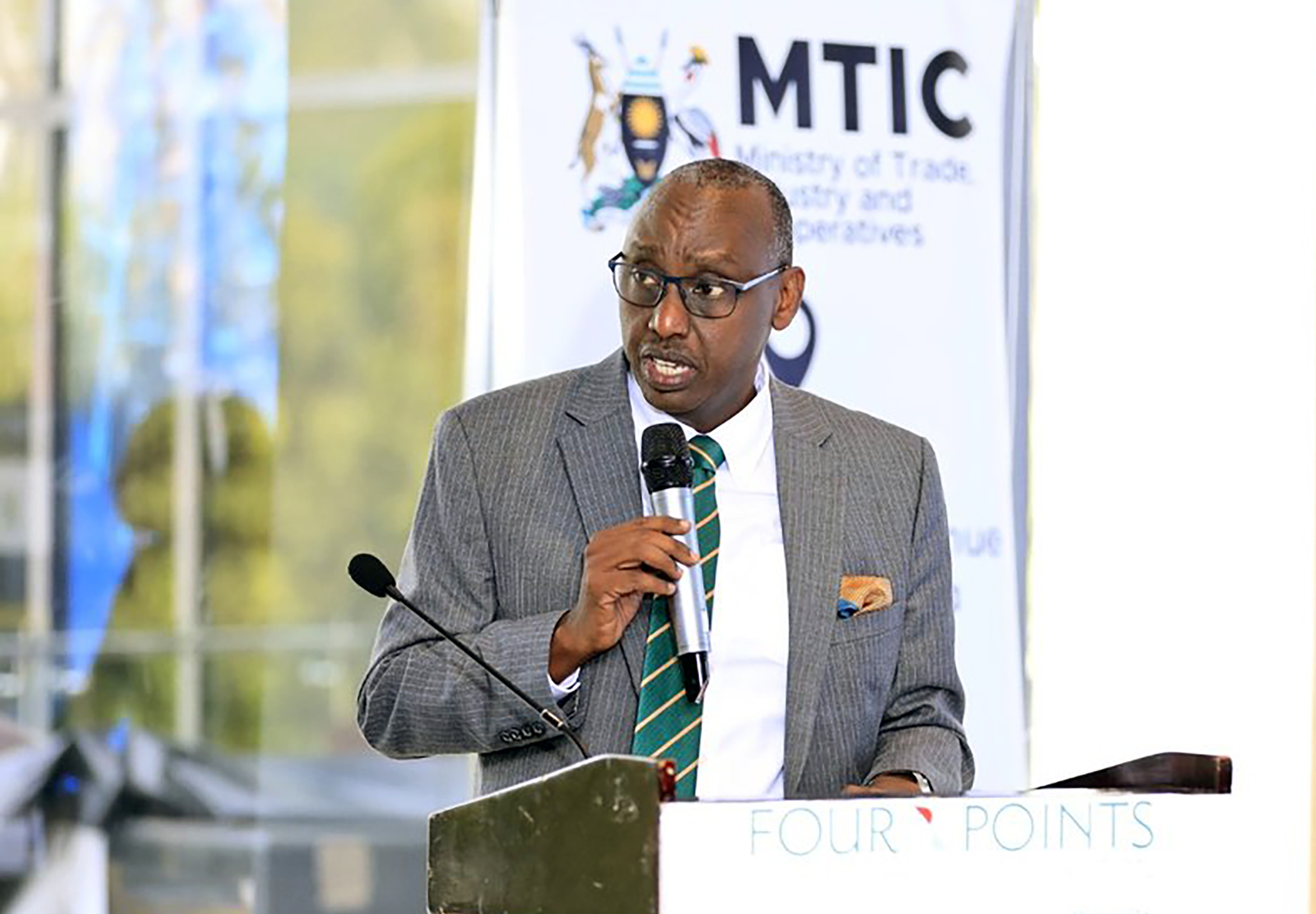Support beef value addition for export market

Edward Kayiwa says the Government has an important role to play.
Uganda’s agricultural sector is experiencing an intense transformation, with the beef industry emerging as a pivotal force in this evolution.
The recent praise heaped on beef processors, Ranches Finest, by Investment Minister Evelyne Anite, highlights the significant shift towards value addition in Uganda’s beef sector. This recognition marks a turning point for the industry, illustrating its potential to reshape Uganda’s agricultural landscape and enhance its global standing.
Traditionally, Uganda's agricultural exports have been limited to raw products, constraining economic growth and undervaluing the nation's agricultural assets. The move towards value-added exports represents a critical juncture for the sector. By transforming Ugandan beef into premium products suitable for international markets, companies like Ranches Finest are not only advancing their own interests but also elevating Uganda’s agricultural sector on the global stage.
- Ranches Finest’s comprehensive approach—from ranching to processing—ensures that Ugandan beef consistently meets international standards. This holistic model addresses longstanding issues of exploitation by engaging directly with farmers, offering fair prices, and establishing reliable markets. The expansion into new markets such as the DR Congo and South Sudan further demonstrates the increasing recognition of Ugandan beef. Moreover, the emphasis on halal certification opens doors to lucrative markets in Egypt and the UAE, showcasing a forward-thinking strategy with substantial long-term benefits.
However, despite these advancements, significant challenges persist. The slow pace of licensing and certification processes remains a major hurdle. To fully capitalize on the sector’s potential, Uganda must streamline these processes, drawing from successful reforms in other sectors. Effective regulatory frameworks and collaborative efforts will also be essential in overcoming these obstacles.
Government policies, such as the "Buy Uganda, Build Uganda" (BUBU) policy, play a crucial role in supporting the sector. By prioritizing locally produced goods, this policy helps create a stable market for Ugandan products and fosters sector growth. For Uganda to compete effectively on the international stage, focusing on beef quality is paramount. Securing certifications such as halal and adhering to stringent sanitary and phytosanitary standards will expand market reach and bolster consumer confidence. Investing in modern infrastructure—such as upgrading abattoirs, improving cold chain storage, and enhancing logistics—is crucial for minimizing waste and ensuring high-quality meat.
- Additionally, robust traceability systems are also essential for building trust with international buyers. Transparency in tracking the origin and quality of Ugandan beef will strengthen Uganda’s reputation as a reliable exporter and attract global consumers who demand detailed product information. Moreover, meeting the growing international demand will require expanding cattle production, supporting ranchers and smallholder farmers with better access to financing, land, and veterinary services to boost production capacity. Also, establishing large-scale beef farms will further enhance production and help meet global demand.


There is no doubt that enhancing the beef value chain is critical for the sector’s growth. However, this includes improving feeding practices, breeding techniques, and disease management. Integrating farmers into formal supply chains and ensuring fair market access will stabilize production and drive sector development.
Ranches Finest’s successful model illustrates the benefits of directly engaging with farmers. By ensuring fair market access and collaborating closely with ranchers, Uganda can reduce exploitation, improve farmers' livelihoods, and promote a more equitable beef industry.
Uganda can benefit from bilateral and multilateral trade agreements to lower tariff barriers and gain preferential market access. Branding Ugandan beef as organic, grass-fed, and ethically produced will appeal to niche markets that value sustainability and quality. Highlighting the environmental and social benefits of Uganda’s beef production will definitely differentiate Ugandan beef in competitive markets.
Securing international certifications and participating in global food and agricultural exhibitions is also another opportunity we can look at to enhance Uganda’s reputation as a quality beef exporter. Such recognition would improve market perception and build consumer trust. To support the sector's growth, the government should offer incentives such as affordable land for beef processors and exporters. Strengthening regulatory frameworks would ensure compliance with international standards and safeguard Uganda’s reputation.
- Perhaps one of the most interesting areas would be investing in rural infrastructure—such as roads and electricity— which would improve market access for beef producers, lower transportation costs, and enhance supply chain efficiency.
- Training programs in modern cattle farming techniques and climate-resilient practices will is setting a remarkable example, showcasing the potential of Uganda’s beef industry. The shift from raw exports to value-added products is more than a trend; it represents the future of Uganda’s agricultural sector.
I believe that with continued investment and support, Uganda is poised to make a significant impact on the global stage. By focusing on quality control, infrastructure development, and expanding market access, Uganda’s beef industry can become a major economic driver, creating jobs, increasing revenue, and establishing Uganda as a leader in value-added agriculture.
The time is ripe for Uganda to seize this opportunity and drive forward its ambitions in the global beef market.
(The writer is a business journalist)



.JPG)
